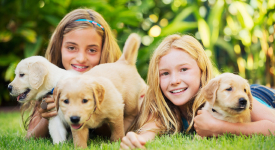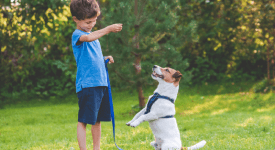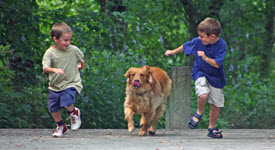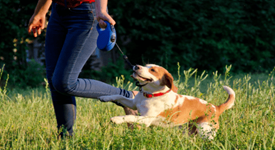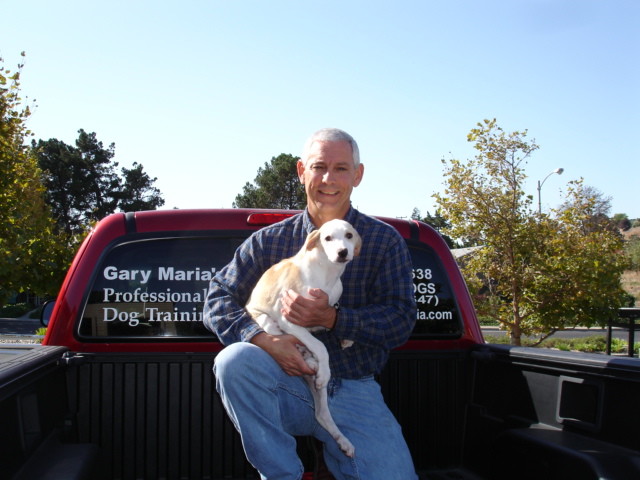Avoid |
Do this instead |
| Neglecting to socialize puppies. They will become anxious as adult dogs if they do not have the chance to investigate the world when they are still young. However, socializing must be done carefully. | Socialize you puppies carefully. The initial socialization period is from 30 days to 14 weeks of age. It is during this time that social skills are imprinted on puppies and their interaction with dogs and humans needs to be positive. |
| Correcting puppies under 16 weeks of age with negative feedback. It will stress them instead of teaching them and could take learning ability away due to stress. | We must micro manage puppies and have them earn more freedom through positive behaviors. Owners must have a reward system that the pup understands. |
| Dragging puppies. If they stop often when on the leash, they are frightened or processing information. Avoid making an adult dog to walk in the same position for a long duration, this could add stress. | Loose leash walking is very important for dogs. When a dog is on a tight leash, it takes their flight instinct away and will cause stress during the walk. All dogs need a basic obedience program for manners and control. |
| Not allowing your dog to smell. This is how they gather information since their eye sight is much weaker than typical human eyesight. | Sniffing is how dogs process information. By sniffing on walks, they find out who has been there prior, if he/she is safe, etc. At times, allow your dog to smell as long as they want, other times for just a few seconds and other times, keep walking. We can control the smelling, but we must be fair to their natural desires as well. |
| Leaving your dog alone for long periods of time can cause separation anxiety issues. | Some ideas for how to prevent loneliness:
|
| Having your dog lose trust in you as the leader by failing to make wise pack leader decisions. | There is no grey area when it comes to the hierarchy of a pack of dogs. Either I am the leader, or you are. People tend to confuse a love relationship with the working pack leadership role. When there is a love relationship, the dog listens fairly well in a quiet and controlled environment. On the other hand, a dog that looks at you as the leader will obey in uncontrolled environments (once trained). |
| Never pin a puppy or a dog on its back for any reason – this can easily cause trauma and post-traumatic stress syndrome in a dog for its entire life.
Don’t repeat commands. Avoid overshadowing behaviors |
Remember that you are always training your dog. If you repeat commands, you are training your dog to ignore your first command. If you do not avoid overshadowing behaviors, then your dog will not be trained to respond to the verbal command.
Pinning puppies or dogs does not address the root issue, it only creates fear and destroys the leader/follower relationship. |
| Do not ask your dog to do a behavior if you can’t enforce it within 1.5 seconds. | Dogs live in the “now”. Always give positive feedback within 1.5 seconds or they will not understand what you are trying to teach them. Feedback after 1.5 seconds can create a negative association with that person or particular environment. |
| Avoid teaching the Down/Stay near the door when guests are arriving. It is unrealistic to expect a non-trained dog to have enough impulse control to be successful. This is testing; not training. | Teach the Down/Stay away from the door first and then bring the dog closer and closer as they build their impulse control skills. Assure that they are successful before they get close to the door. |
| Avoid teaching Down/Stay and then walking away and calling your dog to you. This weakens the stay behavior because dogs learn through repetition.
After walking away the dog will be anticipating your next command, which is the recall. |
Instead of calling the dog to you, strengthen the dog’s behavior by returning before you release the “stay”.
This will help your dog to not anticipate your releasing from a distance. Once the dog is well trained, then you can practice calling your dog to you from a stay position at a distance. |
